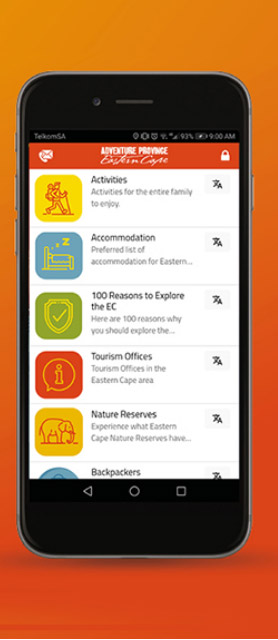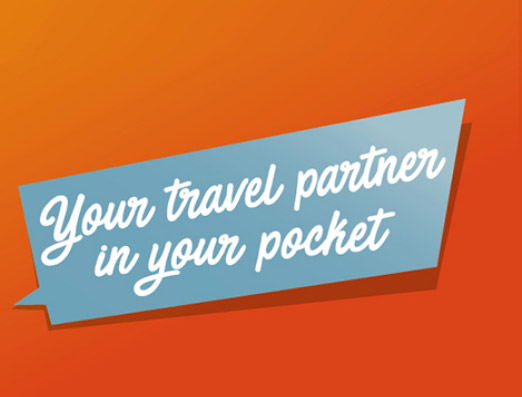While most of our industry have their eyes still firmly on the 2020 summer season, it is already critically important for the sector to begin to engage in medium- and long-term planning to ensure future success.
The development of a COVID-19 vaccine has come as a great relief to everyone, not least of which those in the various tourism slipstreams, which have been hardest by the pandemic.
However, even as we anticipate moving towards a post-COVID era, the impact of the pandemic will be felt across all tourism activities for some time to come. In fact, some aspects of how our industry operates may never return to the “old” normal.
Here’s what our research shows are the likely trends and tendencies for 2021:
Safety will remain paramount
Even with a vaccine, even when COVID-19 appears larger in the rear view mirror than in the windscreen, travellers will continue to prioritise safety and, consequently, favour those destinations and experiences where they feel safest.
Practically, this will likely mean a boost for destinations with built-in social distancing, including self-drive excursions, camping, caravanning, micro-group hiking, birding and nature activities, with a pronounced preference for lesser-known, quieter beaches and inland destinations.
Sports & adventure tourism will rebound
COVID-19 has highlighted the importance of health and physical wellbeing. Within the tourism sector, we expect this to be reflected in a resurgence in the demand for outdoor and sporting activities, including hiking, mountain biking, nature walks, golf and water sports.
Organisers of these activities will, however, need to focus on building trust and ensuring that guests and visitors have confidence in their commitment to safety protocols. For example, outdoor participation limits will need to be strictly adhered to, and sanitising of equipment and facilities must remain a clear and demonstrable priority.
Self-catering accommodation will grow in popularity
Tourist will likely continue to seek out accommodation options where they can control their own safety, and that of their immediate family.
Road trips, benefiting small or rural towns and villages, will become increasing common
The ease and safety of road tripping, with the added benefit of affordability, will likely result in more people opting for this form of leisure travel. Small town activities and tour operators located in these towns will need to show a firm commitment to safety and health measures, however, to benefit from an influx of visitors.
Business travel will be surprisingly robust
After a surprising economic recovery during November, and buoyed by the news of various successful vaccine rollouts, business will come roaring back in 2021, determined to make up lost ground and lost time. Anticipate, therefore, a stronger-than-anticipated recovery of the business travel sector. Again, hotels, guests houses and B n Bs will have to demonstrate a commitment to trading safely and responsibility, which includes safer food handing and serving options. Buffet breakfast may, in fact, become a tourism relic.
Virtual events are here to stay
Even as we (tentatively) return to in-person events and activities, COVID-19 restrictions have demonstrated that the 4th Industrial Revolution is here to stay, that it is multi-generational, and that it will impact every corner of society – including the MICE industry.
The rapid growth of the virtual and hybrid events, as well as our growing ease and familiarity with these platforms, will likely mean that many event’s and exhibition’s organisers will continue to stage virtual or part-live, part-virtual hybrid events.
Affordability will be paramount
The economic impact of South Africa’s extended lock down, pared with the stop-start re-opening of certain sectors of the economy, will continue to affect disposal income, which will in turn have a direct impact on travellers’ and leisure consumers’ tourism spend. Discounts, special offers and innovative package deals will therefore continue to be popular. Trade and other partnerships that directly benefit guests and which allow them to stretch their holiday-rands, will be a distinct competitive advantage.
What is clear, as we reflect on 2020 and look ahead to 2021, is that South Africans are starved for travel and holiday pursuits, and eager to holiday again. However, many families have been severely impacted by COVID-19, and will continue to pay close attention to tourism offerings that are demonstrably safe, easily accessible and which offer reliable value for money.










